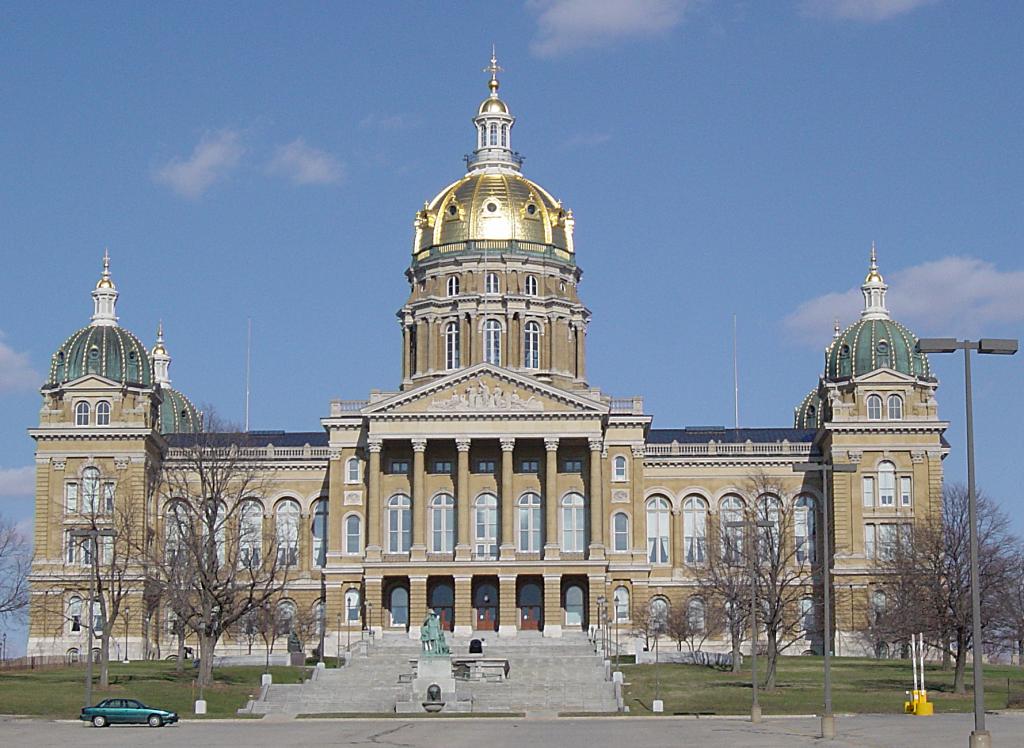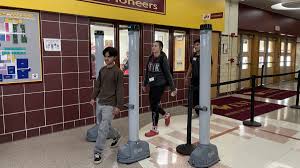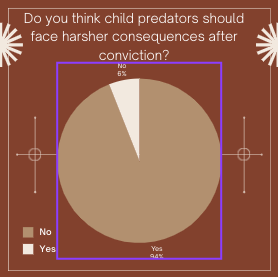College education is the next step for many in the United States. Whether one chooses to attend a four-year university or a community college, one thing will always remain the same: student debt. In some cases, the amount owed is small and will likely be paid off soon after graduation. For those who have attended college for longer than two years or have gone to medical school, the sum of money may not be paid off until later in their life. Either way, tuition loans will always be a part of post-secondary education, and whether or not the government should assist in paying off student debt solely depends on who is in the position of president.
During the Biden-Harris administration, college scholars and graduates in America had some relief in terms of costly loan payments. In October, an article published by the U.S. Department of Education stated that the Biden-Harris administration approved debt relief for 5 million people nationwide. Teachers, government employees, nonprofit workers, medical personnel, people with disabilities, etc were eligible to apply. To understand why this is so monumental, one has to know what this kind of debt is. According to Federal Student Aid (an office of the Department of Education), “A federal student loan is money borrowed from the federal government to help pay for your education, that must be repaid with interest.” To put this into perspective, let’s say that an aspiring scholar chooses to attend the University of Iowa to continue their education. This person would have a tuition of about $29,219 without scholarships. This amount includes costs of housing, meals, materials, personal expenses, transportation, and the tuition fee itself. Scholarships will likely lessen this amount, but the choice to apply for these scholarships is entirely up to the student. Not to mention, if one wants to attend medical school or become a graduate student, they would have to pay for another tuition.
With the reelection of Donald Trump, people are starting to worry about what his presidency will bring in terms of their debt. According to Time, Trump hasn’t mentioned college loans on his campaign website and refused to answer questions regarding the topic. Considering his avoidance, the future of debt relief is uncertain, but his choice will likely not benefit those who have requested assistance. In the past, Trump explicitly voiced his disapproval of Biden’s program. An article published by CNBC in November of this year stated, “He hasn’t made any indication he’s interested in forgiving student debt and has called some of Biden’s initiatives ‘vile.’” His disgust with canceling debts is on brand with his constant promise to make the economy better than it has ever been before because forgiving loans would mean money out of the government’s pocket. Only time will tell if Trump chooses to change the previously instated programs.
People shouldn’t have to worry about paying debts off after school. Giving struggling students who work multiple jobs, have a disability, or are lower-class citizens who can’t put food on the table for themselves or their children shouldn’t be considered a waste of money by any president.















